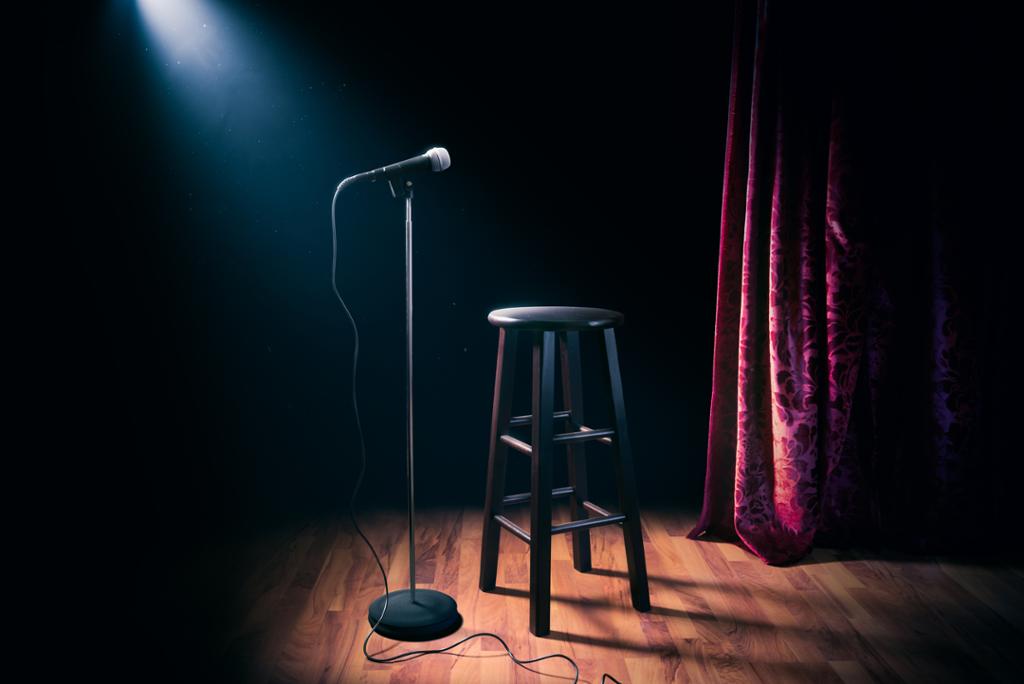What is Spoken Word Poetry?

Unlike written poetry, spoken word poetry is created with the audience foremost in mind and is devised explicitly to ‘come to life’ before an audience. It has to be heard out loud or witnessed in person. The aim is to spur a reaction to the words performed on stage, and audience participation is encouraged and anticipated.
Spoken word poetry is a very accessible art form - while traditional written poetry can be complex in language and meaning, spoken word poetry is more direct and straightforward. The references are often easier to catch, and there are few hidden meanings, which makes it more intelligible for the average audience. It has a flexible use of traditional poetry features, such as rhyme and rhythm, which may vary from poem to poem and from section to section, with no set rules. However, to create forceful spoken word poetry, various poetic devices such as repetition, comparison and alliterations are often used.
Written and performed well, spoken word poetry will stick with you for a long time. A good performance will make you feel the emotions of the poet and the energy released through the words. Performance poets will work with their voices and bodies as poetic tools: body language, hand gestures, eye contact, pronunciation, intonation, voice inflection – these are important devices to create that unique connection between the audience and the poet that spoken word poetry requires. When used well, a performance artist can really set the stage on fire.
There is sometimes an element of competition involved, and spoken word poetry is often performed at events called poetry slams, or simply slams. A slam is an open competition where anyone can take the stage to perform their slam poetry. They are then judged by five random audience members on a scale from 0 to 10. Whoever gets the highest score wins the competition. Many traditional poets have questioned the competitive nature associated with slam events, claiming that poetry is not suitable as a competitive genre. Still, slam poetry is one of the most accessible forms of poetry available, especially for a young audience.
Project V.O.I.C.E is an organisation that uses spoken word poetry to entertain, educate, and inspire young people to express themselves. In the following TedTalk, Sarah Kaye, the founder of Project V.O.I.C.E. , talks about how she started writing poetry and what inspires her. She also performs two of her poems: If I should have a daughter and Hiroshima.